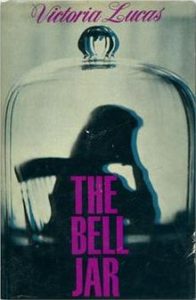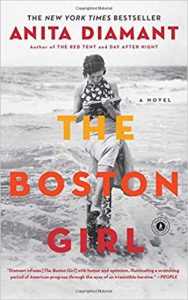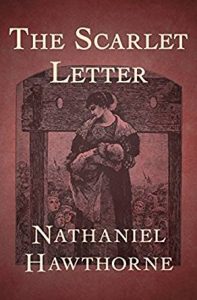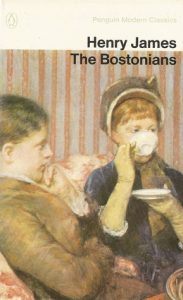A Literary Tour of Boston
Kyle Labe//Blog Writer
The summer before my freshman year of college, I noticed something: no one ever seems to talk about that period in a young adult’s life. It’s a moment of displacement—you’re finished with high school; you’ve yet to begin college. In other words, you seem done with childhood and ready to start adulthood. But that summer, that three months of pure waiting, is nothing short of some peculiar episode of limbo. There was so much I wished to know: what would college be like; where would I be within a year; what was I to do, buy, see; where was I to go with my life?
I grew up in a small town in Pennsylvania, just outside the capital city, right at the bottom of the Blue Ridge Mountains. Suffice to say, I had no clue what living in a metropolis like Boston would entail. This was a notion that plagued my mind, during that time, constantly: the culture shock, the lifestyle shift. So, all through June, July, and August, I did the only thing I knew how to do: read. I read at a furious rate, devouring a novel a week, and oftentimes more. And most of the works I read these months had a similar theme: they all dealt with Boston. To me, reading about Boston was almost like a free trial. I taught myself all I could about the city so that, when I arrived, I’d be one step ahead of my anxiety. Thankfully, the books I read were spectacular too and, for anyone else in this situation, I recommend doing the same. Here are some of my favorite Bostonian books:

The Bell Jar – Sylvia Plath
This one is almost too obvious. Everything Plath created in her life was nothing short of a masterpiece; losing her so soon was losing a genius. The Bell Jar is Plath’s only novel, chronicling a short span in the life of its narrator, Esther Greenwood. The first half covers a summer internship of Esther’s in New York City, and the seriocomic incidents that follow in that period. However, the novel takes a turn when, almost halfway, Esther returns to her home in the suburbs outside Boston. As her mental health gradually worsens, Esther is plagued with flashbacks, anxieties, bouts of depression, contemplations and attempts at suicide. It is a dark book, but nevertheless one that will change the life of anyone who picks it up. Plath deals with themes of mental illness, feminism, hospitalization, and more, creating a long-lasting work both in our cultural subconscious and in the mind of each of its readers.

The Boston Girl – Anita Diamant
This piece of historical fiction highlights the coming-of-age of Addie Baum as she orates her life in twentieth-century Boston to her granddaughter after being asked: “How did you get to be the woman you are today?” She tells her story with a radical compassion and a wicked sense of humor, detailing trips to Rockport, the tribulations of women, and the sufferings of the Jewish community of which she is a part. Born of an immigrant family, Addie lives a lower-class life in the North End, and much of the novel deals with her ambitions to change her social class as she studies, housekeeps, attends college, finds a career in journalism, gets married, and more. It’s definitely worth a read, and all the history makes it that much more fascinating.

The Scarlet Letter – Nathaniel Hawthorne
If you never read this in high school, or even if you did, it’s worth it to pick this up and read, or possibly reread, it. The Scarlet Letter tells the story of Hester Prynne, a woman in a Puritan society branded with the letter “A” for having given birth while her husband had disappeared for years. The whole of the novel’s events take place right in the city, and the climax even occurs at the graveyard at King’s Chapel. Surprisingly, it’s a very human book, full of empathy, wisdom, and understanding. It’s definitely not a beach read but, with due patience and just interpretation, The Scarlet Letter deserves its reputation as a classic, even if Hester never deserved her own reputation.

The Bostonians – Henry James
Another older novel, The Bostonians is James’s tragicomedy of the feminist movement. When I first read it, I was pleasantly surprised at James’s ability to tap into the political upheaval of the late nineteenth century and warp it into a narrative of three memorable characters: Basil Ransom, a conservative; Olive Chancellor, a feminist and Basil’s cousin; and Verena Tarrant, a young protégé of Olive’s. While the story details the fight for Verena’s attention between Basil and Olive, it deals with so much more. Obviously about feminism, The Bostonians also has a motif of queerness, as Verena’s appeal to Olive often reads as overt lesbianism. Also, it’s the book from where the term “Boston marriage” originated, or the financially independent cohabitation of two women. And if that’s not enough to convince you, then your standards are far too high.
